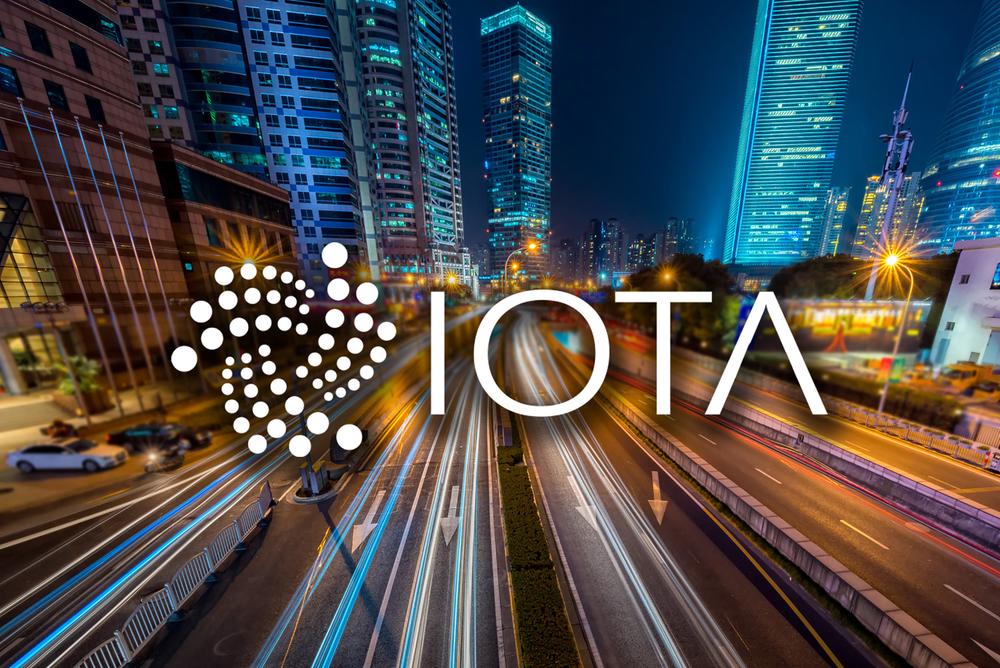
- The EU Blockchain Observatory and Forum (EUBOF) praised IOTA for offering huge scalability with its DAG ledger structure.
- EUBOF also explained how Energinet, the state-owned energy company in Denmark is leveraging the power of the IOTA network.
The European Union has been working very effectively on several blockchain initiatives. In a recent development, the EU Blockchain Observatory and Forum (EUBOF) has come up with a detailed report on the state of the European blockchain ecosystem.
The report explains how each member state of the European Union has been contributing its part in dealing with the blockchain and crypto revolution. The good thing is that the IOTA Foundation has been named one of the top ten notable blockchain companies by EUBOF.
We are happy to see that the #IOTA Foundation has been mentioned as one of 10 notable #blockchain companies in Germany (p80) by @EUBlockchain 🇪🇺!
Find the full report here 👇https://t.co/hXDCiu5kdm#EBOF— IOTA (@iota) October 25, 2022
As we know, IOTA is an open-source protocol facilitating data and value transfers among humans and devices. The IOTA cryptocurrency has been designed specifically to cater to real-life industry applications such as the Internet of Things (IoT). It uses a special distributed ledger technology dubbed directed acyclic graph (DAG) to store transactions on its ledger.
As a result, IOTA can attain greater scalability in comparison to other blockchain networks. In its report, EUBOF explains how Energinet, the state-owned energy company in Denmark is leveraging the power of the IOTA blockchain. It adds:
The Danish state-owned energy company Energinet has examined how to use Iota Tangle to develop IoT-based products and services. The two entities have worked together on a data marketplace initiative since late 2017
EU’s rising adoption of IOTA systems
The European Union is working in full gear to incorporate blockchain-based innovation in the continent’s financial landscape. Besides, they have also been exploring blockchain use cases in key digital initiatives across the EU.
As reported, the EU has been working on Digital Identity wallets to test instant cross-border transactions across member states. The Digital ID project by the EU seeks to complement broader EU plans and introduce seamless payments and transfers across member states. It will complement plans for the European Payments Initiative (EPI) as well as the Digital Euro.
IOTA’s Digital Identity could play a crucial role in this regard. It will help in unification under a single protocol offering seamless interaction between all forms of identities. The IOTA digital Identity is built with “data protection and privacy by design” and complies with privacy and data management laws around the world, such as the European General Data Protection Regulation (GDPR).
On the other hand, the European Union is working on pushing the digital twin use cases offered by the IOTA Foundation. This will help them build intelligent circular life cycles for industrial robots, outdoor power products, and electric vehicles.
This news is republished from another source. You can check the original article here



